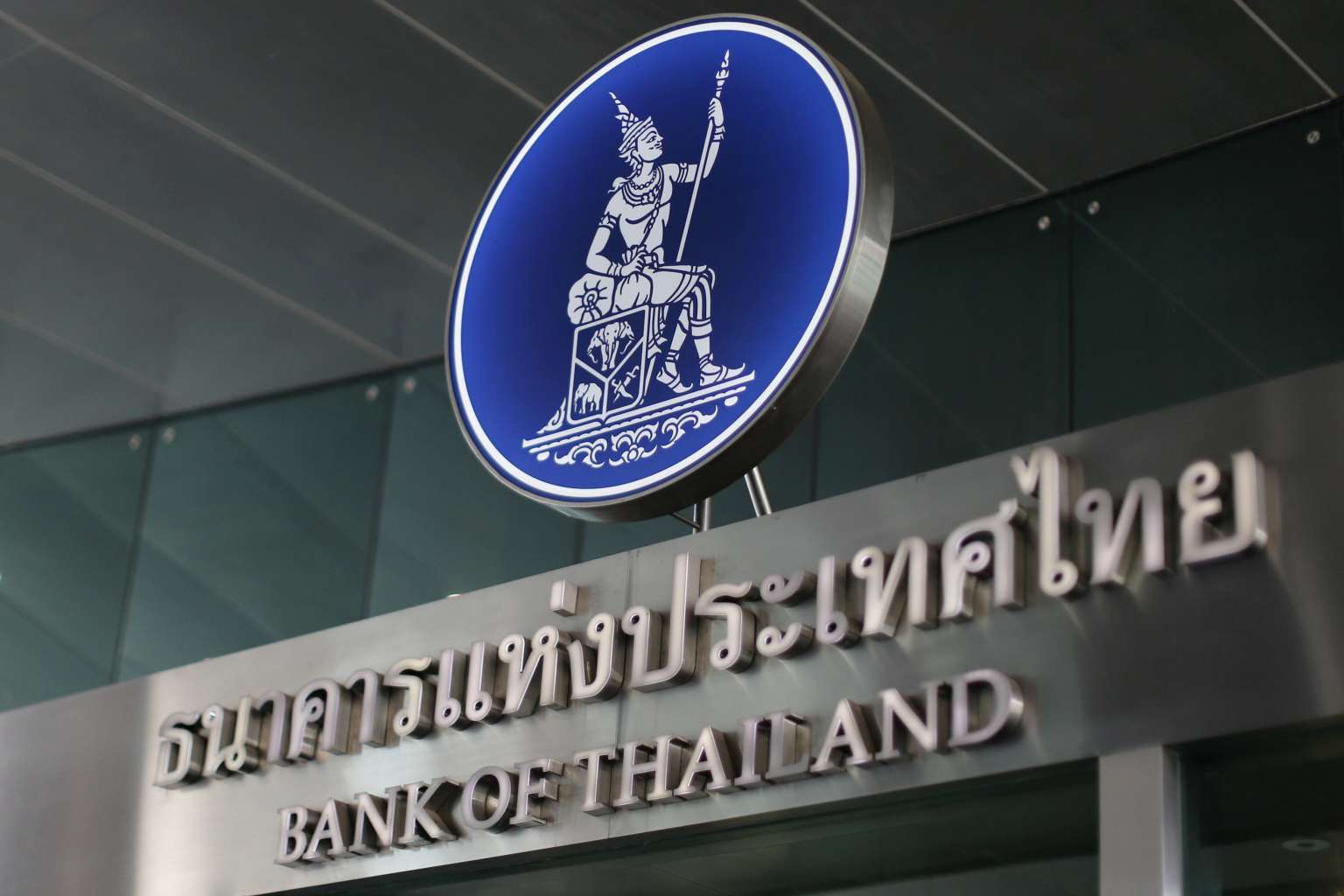Bank of Thailand issued a circular today asking the financial institutions to refrain from doing any business involving Cryptocurrencies , as their suspicions of cryptocurrencies grow into a real fear of the possible problems with trading in an unregulated market.
The central bank clearly instructs other national banks not to engage in any transaction if it involves: investment or trading in cryptocurrencies for both financial institutions and retail clients, offering cryptocurrency exchanges, or to provide a cryptocurrency Trading Platform . It further ordered the banks to deny its customers to use their credit cards to purchase cryptocurrencies. It also barred financial institutions from advising their customers to invest or trade in cryptocurrencies.
Signed by Bank of Thailand Governor Veerathai Santiprabhob, the circular further clarified that the central bank does not recognize cryptocurrencies as legal tender and ordered banks to implement proper KYC and strictly investigate customers' due diligence, and was issued after last Thursday's statement by Thailand’s Finance Minister Apisak Tantivorawong that the regulators cannot stop the use of cryptocurrencies within the country.
Mr. Tantivorawong said: “The government will not ban cryptocurrency trading. A regulatory framework to govern digital currencies will become clearer within a month.
“After a recent discussion, related agencies agreed that regulators cannot stop the use of virtual currencies but will have to regulate and control them in an appropriate manner,” he added.
Moreover, the Finance Minister also indicated that the Bank of Thailand is not the appropriate institution to regulate cryptocurrencies, as it does not recognize cryptocurrencies as legal tender. According to Mr. Tantivorawong, the securities watchdog Thai Securities and Exchange Commission (TSEC) is the appropriate authority to oversee cryptocurrencies in Thailand.
However, with the recent decision taken by the Bank of Thailand, it seems the country is set to put a full ban on digital currencies rather than imposing regulations.

















